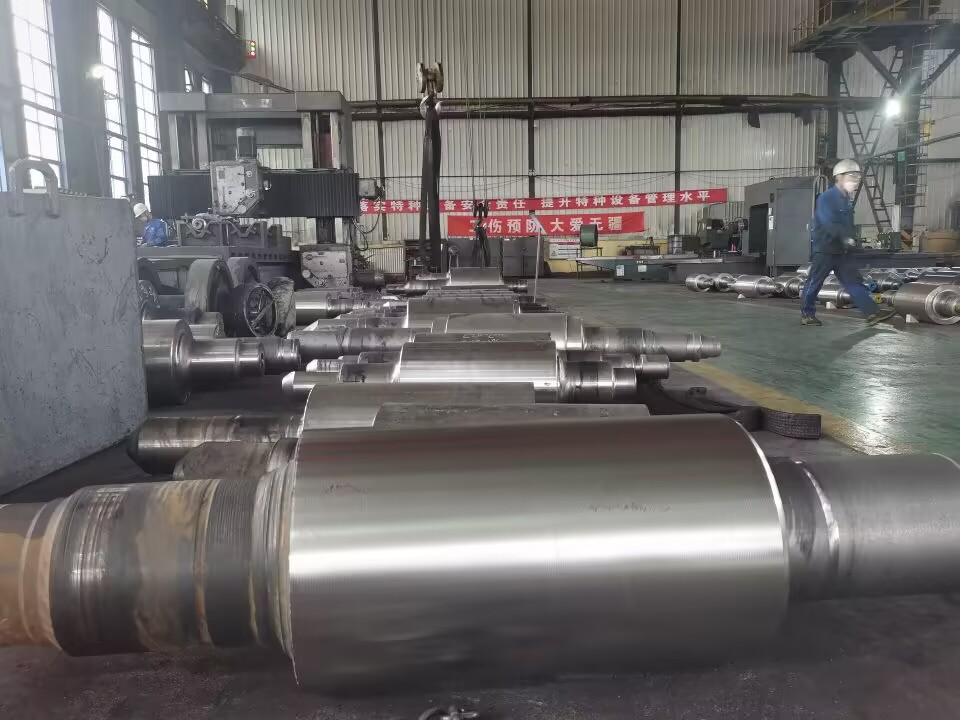Hot rolling mills are essential for the production of a wide range of metals and alloys in industries as diverse as automotive, aerospace and construction. The quality of the final product depends largely on the performance of the work and back-up rolls used in the hot rolling process. In this blog, we will discuss the importance of using high quality rolls in hot rolling mills.
Work rolls are the primary tools used to deform and shape the material being rolled. They are constantly subjected to high temperatures, extreme pressure and friction during the hot rolling process. Therefore, it is essential to use high-quality work rolls made of materials that can withstand these harsh conditions without affecting their performance and longevity. High-quality work rolls not only ensure consistent and precise material forming, they also reduce the risk of roll failure and costly downtime.
Backup rolls, on the other hand, support the work rolls and help maintain the shape and thickness of the material being rolled. Like the work rolls, the backup rolls are exposed to high temperatures and pressures, and their quality becomes a key factor in the overall efficiency and accuracy of the hot rolling process. Using high-quality backup rolls ensures proper support of the work rolls, minimizes material deformation, and contributes to the overall reliability and consistency of the rolling mill.
In summary, investing in high-quality rolls, including work rolls and backup rolls, is critical to the smooth and efficient operation of a hot rolling mill. Manufacturers and producers should prioritize roll quality and durability to ensure a high-quality finished product. By selecting the right rolls and maintaining them correctly, companies can minimize downtime, reduce maintenance costs, and ultimately increase the overall performance and output of their hot rolling mills.
Post time: Mar-05-2024
